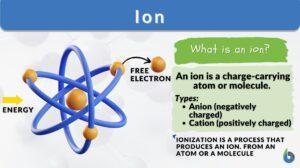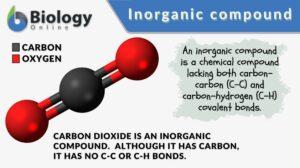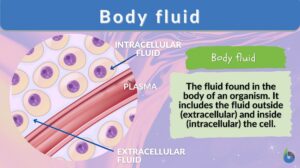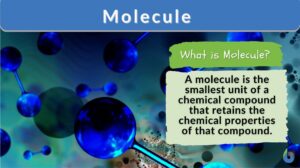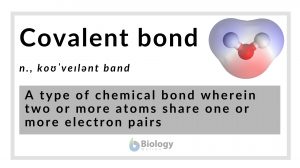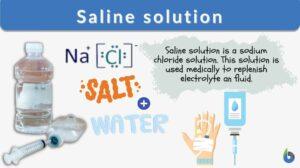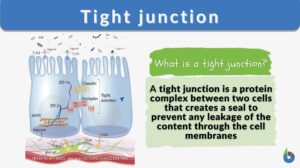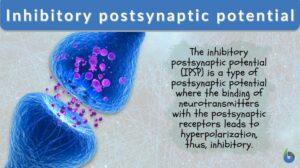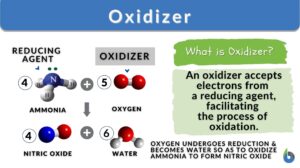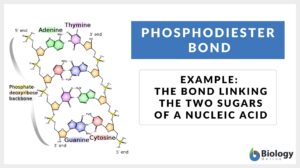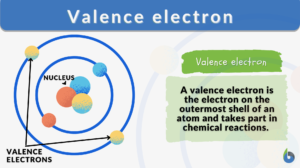Search Results for: cation
Ionic bond
Definition noun plural: ionic bonds A type of chemical bond in which atoms, ions, or molecules are held together by... Read More
Inorganic compound
Inorganic Compound Definition An inorganic compound is a chemical compound lacking both carbon-carbon (C-C) and... Read More
Body fluid
Body Fluids Definition What is body fluid? Literally, body fluid is the fluid of the body. The adult human body is ~50-60%... Read More
Covalent bond
Covalent Bond Definition What is a covalent bond? In chemistry and other fundamental science fields, a covalent bond is... Read More
Diglyceride
Definition noun, plural: diglycerides A glyceride consisting of a glycerol and two fatty acid molecules joined through ester... Read More
Chemical bond
Definition noun, plural: chemical bonds The attractive force that binds atoms, ions, or molecules in a chemical... Read More
Saline solution
Saline Solution Definition Saline solution is one the most medically-used solution, which contains sodium chloride... Read More
Tight junction
What are tight junctions? Tight junctions are the intercellular barrier between two neighboring endothelial and epithelial... Read More
Hyperpolarization
Definition noun The process or act of making the membrane potential of a cell more negative Supplement Hyperpolarization is... Read More
Inhibitory postsynaptic potential
Inhibitory Postsynaptic Potential Definition An inhibitory postsynaptic potential is a type of synaptic potential. It is... Read More
Generation of resting membrane potential
Stephen H. WrightDepartment of Physiology, College of Medicine, University of Arizona, Tucson, Arizona 85724... Read More
Isoionic point
Definition noun The pH wherein a protein or a zwitterion in a deionized solution has equal number of cations and anions,... Read More
Phosphodiester bond
Phosphodiester Bond Definition Phosphodiester bonds are the backbone of the strands of nucleic acid present in the life... Read More
Valence electron
What are valence electrons? Why are they significant? Valence electrons definition in chemistry: The electrons in an atom's... Read More
Hydrolysis
Definition noun (chemistry) (1) A chemical reaction in which the interaction of a compound with water results in the... Read More
Hydroxide ions
Hydroxide is a polyatomic ion consisting of oxygen and hydrogen: OH− It has a charge of −1. Hydroxide is one of the... Read More
